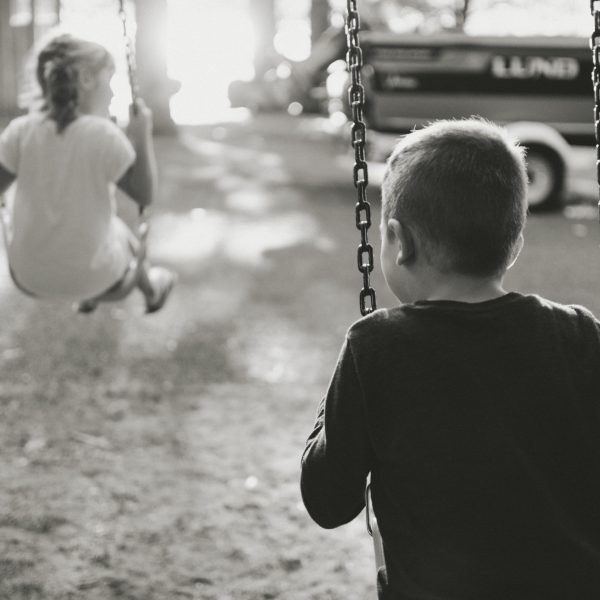Happy childhoods are not an antidote for mental health concerns, researchers find

While it is well understood that experiencing adverse childhood experiences (ACEs) can increase the likelihood of mental illness, the value of a happy and secure childhood in safeguarding against mental illness later in life is less understood.
As such, researchers from the University of South Australia (UniSA) sought to explore how early childhood experiences relate to different developmental pathways, and how these might be associated with poor mental health.
Working in partnership with the University of Canberra, the UniSA researchers found that having a happy and secure childhood does not always protect a child from developing a mental illness later in life.
The finding is part of a study published in Current Psychology, and noted that rather than the experiences themselves, an individual’s ability to adapt – or rather not adapt – to unexpected scenarios that might be influencing mental health is the key as to whether one will experience anxiety or other mental health disorders in adulthood.
In Australia, almost 50 per cent of the population will experience mental illness at some point in their lives, with an estimated 314,000 children aged between 4 and 11 years (almost 14 per cent) experiencing a mental disorder.
National recurrent expenditure on mental health-related services in Australia is estimated at $9.9 billion, or about $400 per person.
While the study reaffirmed that people who had adverse and unpredictable early life experiences had elevated symptoms of poor mental health (including depression and paranoia), it also found that children who grew up in stable and supportive environments were also at risk of experiencing symptoms of anxiety in adulthood.
Lead researcher Bianca Kahl said the study highlights the “indiscriminate nature” of mental illness and reveals key insights about potential risk factors for all children.
“This research shows that mental health conditions are not solely determined by early life events, and that a child who is raised in a happy home, could still grow up to have a mental health disorder,” she added.
“There’s certainly some missing factors in understanding how our childhood environment and early life experiences might translate into mental health outcomes in adulthood.”
Researchers suspect that experiences of distress may be influenced or altered by the expectations we hold, and our ability to adapt to scenarios when our expectations are not met.
“If, as children, we learn how to adapt to change, and we learn how to cope when things do not go our way, we may be in a better position to respond to stress and other risk factors for poor mental health,” she added.
The testing of that hypothesis will form the basis for the next field of study for researchers.
To access the research, please see here.
Popular

Quality
Practice
Research
Professional bravery in ECEC: How reading the nervous system prevents behaviour escalation
2025-12-02 07:30:47
by Fiona Alston

Policy
Quality
Practice
Provider
Research
Workforce
ECEC services to close early for mandatory child safety training under national reforms
2025-12-01 07:10:09
by Fiona Alston

Quality
Policy
Practice
Provider
Workforce
Growth restrictions and enhanced oversight imposed on Affinity Education Group in NSW
2025-12-01 07:30:29
by Fiona Alston
















